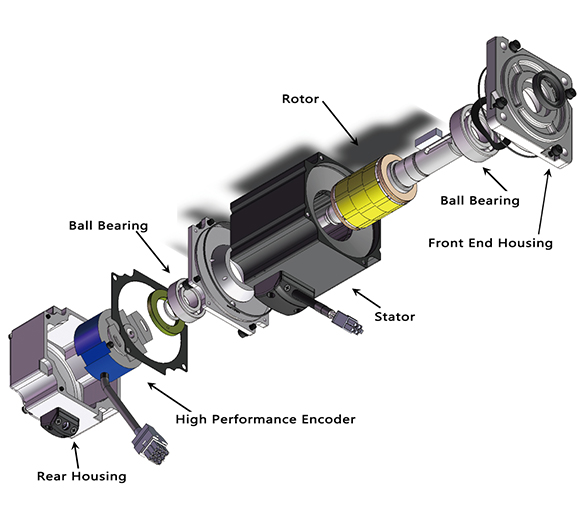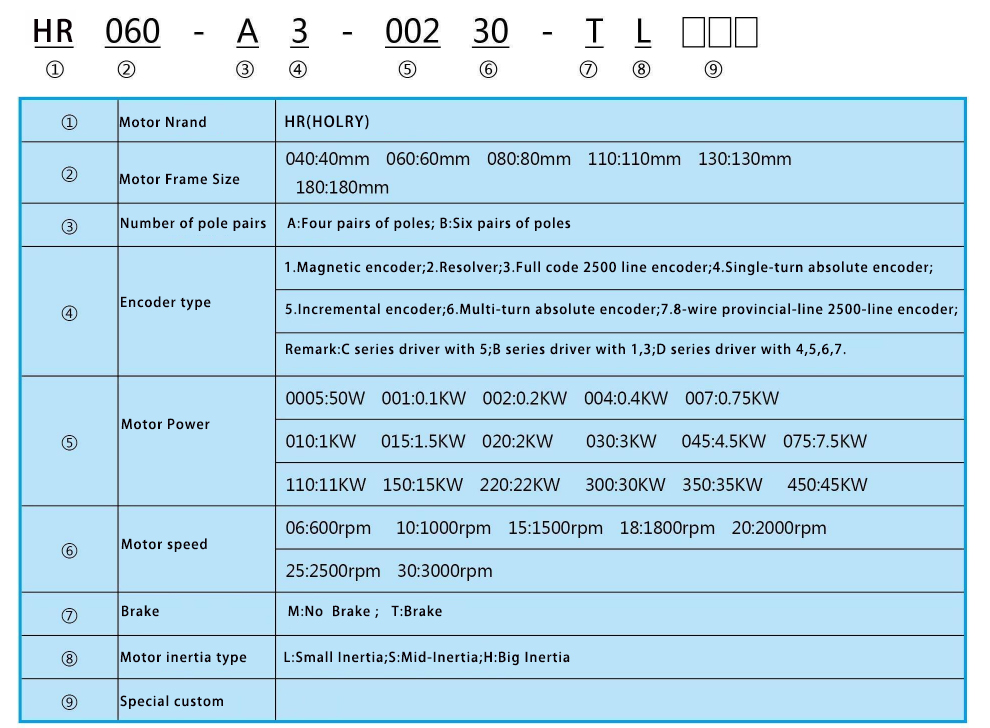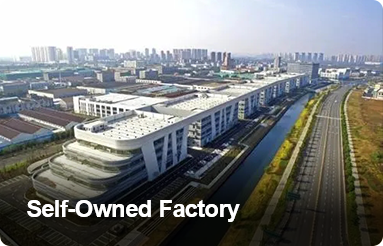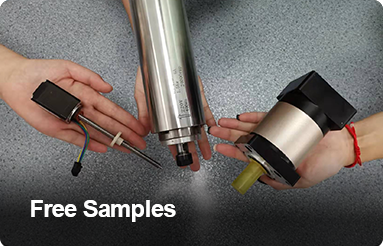- All
- Product Name
- Product Keyword
- Product Model
- Product Summary
- Product Description
- Multi Field Search
Please Choose Your Language
-
English
-
Русский
-
العربية
-
Français
-
Español
-
Português
-
Deutsch
-
italiano
-
日本語
-
한국어
-
Nederlands
-
Tiếng Việt
-
ไทย
-
Polski
-
Türkçe
-
አማርኛ
-
Bahasa Melayu
-
தமிழ்
-
Filipino
-
Bahasa Indonesia
-
magyar
-
Română
-
Čeština
-
हिन्दी
-
فارسی
-
Kiswahili
-
Slovenčina
-
Slovenščina
-
Norsk
-
Svenska
-
українська
-
Ελληνικά
-
Suomi
-
עברית
-
Dansk
-
বাংলা
-
Hrvatski
-
Afrikaans
-
Gaeilge
-
Eesti keel
-
Māori
-
සිංහල
-
Azərbaycan dili
-
Euskara
-
Беларуская мова
-
Български
-
guarani
-
Kreyòl ayisyen
-
Kurdî
-
Lietuvių
-
Македонски
-
తెలుగు





















